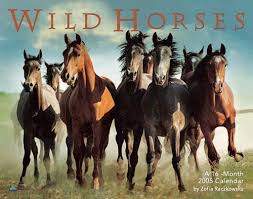
Logic or sermons never convince. (Whitman)
See me
hear me
touch me
feed me.
“we’re all crazy egos hungry for love”
says Sherwood Anderson.
It’s the denial & cover up that thickens
my bozone level.
“In religion, however (particularly in ecological religion),
we can learn to incorporate the non-rational, the intuitive,
and the aesthetic, thus engaging much more of mind than
calculating consciousness.” Understanding Gregory Bateson:
Mind, Beauty, and the Sacred Earth) Noel Charlton
Engaging more-of-MIND
than calculating consciousness:
incorporating the non-rational,
the intuitive, the aesthetic.
Rationalizing the irrational
so it’s not irrational anymore
but rational, damnit Fitting
IT all in to my lucid scheming.
Nailing it. Rationality Uber Alles.
A former colleague and I used to argue about the value of
his Jungian Men’s Club meeting periodically to fish thru
dreams and unconscious process so as to come up with
insight from the depths. I claimed it sounded like Freddy
Flatlander doing a Phd thesis on his experience with
The Sphere. Or Joe Fish expostulating on WET.
He always disagreed.
So we could argue..
Which Wiki description of Transformative Learning
most appeals to you? .
Rationality Rationalizing Ratios Reasonably
Transformative learning is the expansion of consciousness
through the transformation of basic worldview and specific
capacities of the self; transformative learning is facilitated
through consciously directed processes such as appreciatively
accessing and receiving the symbolic contents of the unconscious
and critically analyzing underlying premises
A Rational description of the possibility of
Non-Rationality Non-Rationalizing
Non-Ratios Un-Reasonably:
While this learning process is certainly rational on some levels,
it is also a profound experience that can be described as a spiritual
or emotional transformation as well. The experience of undoing
racist, sexist, and other oppressive attitudes can be painful and
emotional, as these attitudes have often been developed as ways
to cope with and make sense of the world. This type of learning
requires taking risks, and a willingness to be vulnerable and have
one's attitudes and assumptions challenged.
Ronald Rationality and Irene Irrationality.
Who’s on top, who’s not.
And why can’t they
Just Get Along?
Or you frame it your way, dear colleague: improve my terms & images.
We can argue across the curriculum like horses without borders
"toward frontiers yet unknown.”
xxxooo, Henry Jensen


No comments:
Post a Comment